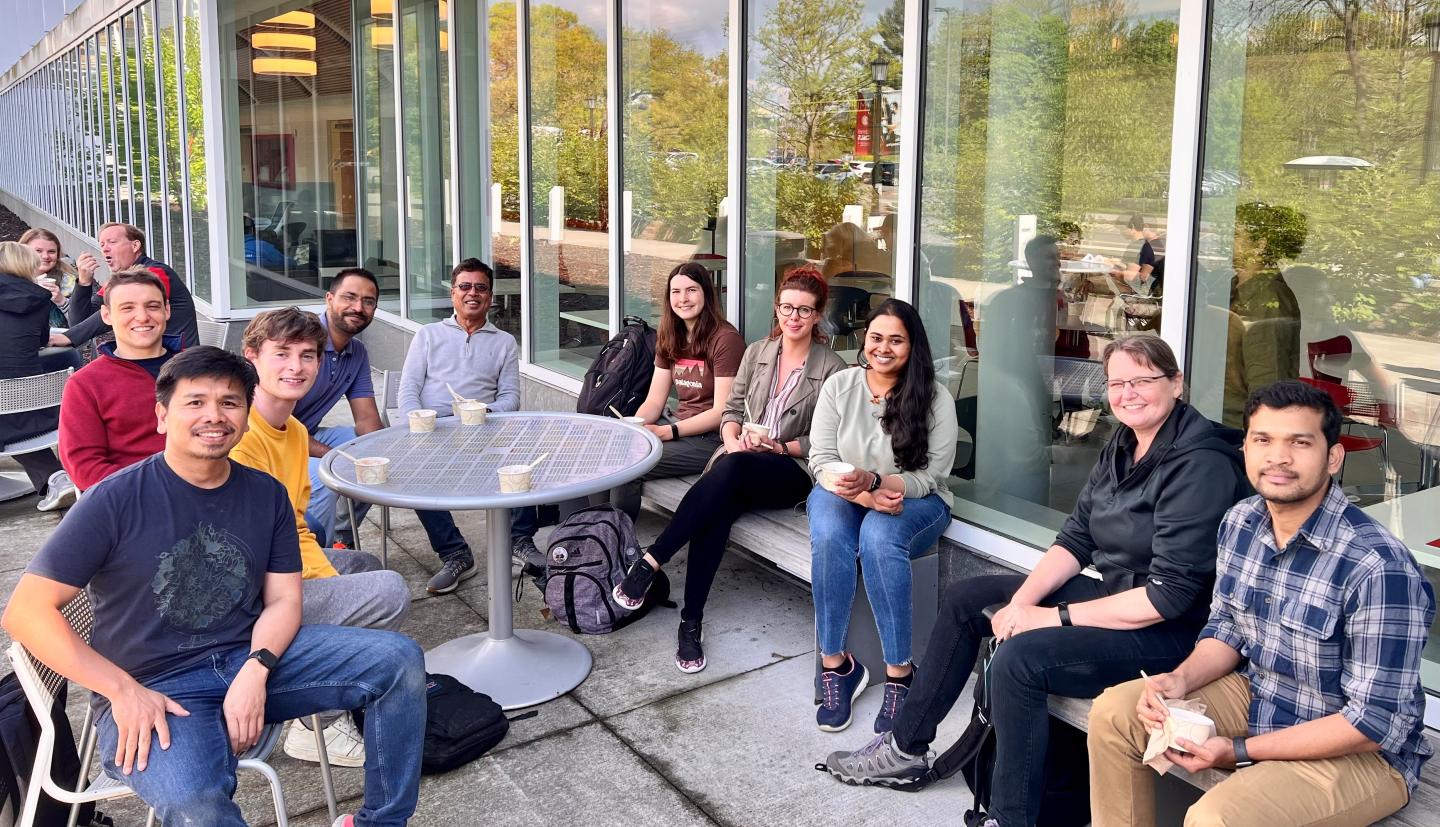Ben Polson ’23 and Shirley Zhang ’23 are graduating from CALS’ Biometry and Statistics major this May. While studying at Cornell, both explored digital agriculture opportunities with the Cornell Nutrient Management Spear Program (NMSP). Hear what their work with NMSP involved and where they are going from here!
What brought you to Cornell’s Nutrient Management Spear Program?
Shirley: I was looking for a hands-on research experience to apply my statistical skills so when the statistics department mentioned a digital agriculture opportunity with NMSP, I reached out to the team.
Ben: The director of my major reached out to everyone with information about a machine learning role with NMSP that seemed very interesting to me. I interviewed with Quirine Ketterings, director of NMSP and professor of nutrient management in the department of Animal Science, and she offered me a position on the team.
Did you have any previous experience with agriculture?
Shirley: I didn’t have any previous agricultural experience! But I was willing to learn new things and take advantage of CALS resources to learn about digital agriculture.
Ben: I began at Cornell as a Plant Sciences major, so I learned a lot about agriculture in my introductory courses. I also worked as a research assistant on a project that tried different methods of growing strawberries hydroponically.
What projects did you work on?
Shirley and Ben both started out working with NMSP data specialist Manuel Marcaida III, learning how to clean yield data from corn silage and grain harvests. Yield data cleaning involves correcting errors in sensor generated data from a yield monitor mounted on harvest equipment.
Shirley: Once I was experienced with yield data cleaning, I continued working with Manuel to use machine learning to identify drivers of yield in corn fields. The team has been working on understanding why certain areas yield higher than others and what causes yield variability from year to year.
Ben: For my first few months, I worked on cleaning yield data with Manuel. After learning how to clean yield data and gaining an understanding of the team’s goals, I began working with NMSP research associate Sunoj Shajahan on a paper that we hope to publish later this year. The focus was comparing machine learning models’ performance in predicting yield from satellite images taken early in the season.







